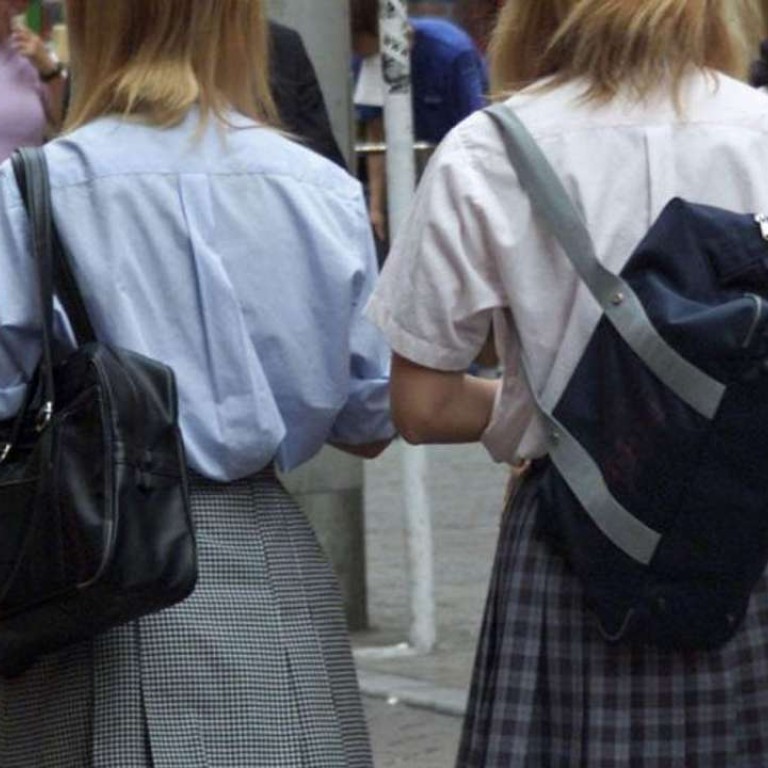
Tokyo police panel calls for penalties and tighter regulations for dating services that use schoolgirls
A panel set up by Tokyo police called on Wednesday for tightening regulations on dating services offered by teenage schoolgirls, including penalties, with the aim of protecting them from crimes.
In response to a report compiled by the panel, the Metropolitan Police Department will consider making a new laws or revising the existing one to take proper countermeasures.
Such services, dubbed “JK business” with the acronym standing for “joshi kosei” meaning female senior high school students, include accompanying male customers on walks, massaging or bed-sharing in a room.
The services have drawn international criticism, with Maud de Boer-Buquicchio, UN special rapporteur on the sale of children, child prostitution and child pornography, urging Japan to ban it in March, saying it could lead to sexual exploitation of children.
Currently police have no powers to conduct any on-site inspections because such businesses are not subject to the sex industry law. The report pointed out the need for legal regulations.
Japan urged to ban sexual exploitation of schoolgirls
The report made a proposal that obliges JK business providers to notify the Tokyo Metropolitan Public Safety Commission, the regulator, when they launch or close their businesses as well as change their business types.
The panel said that attracting customers with girls aged 17 or younger and soliciting boys and girls as customers and employees should be prohibited.
In the case of a breach, the panel proposed that operators and their employees be penalised if they do not comply with administrative orders to improve their business practices.
According to a survey by Tokyo police covering 423 girls between 15 and 18 in March, some 10 per cent of respondents said they knew someone involved in JK business, while around half of them expect the number of high school girls joining such businesses to rise.
Tokyo police detected a total of 174 locations providing JK business within Tokyo as of January, up 42 from June last year.

